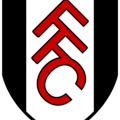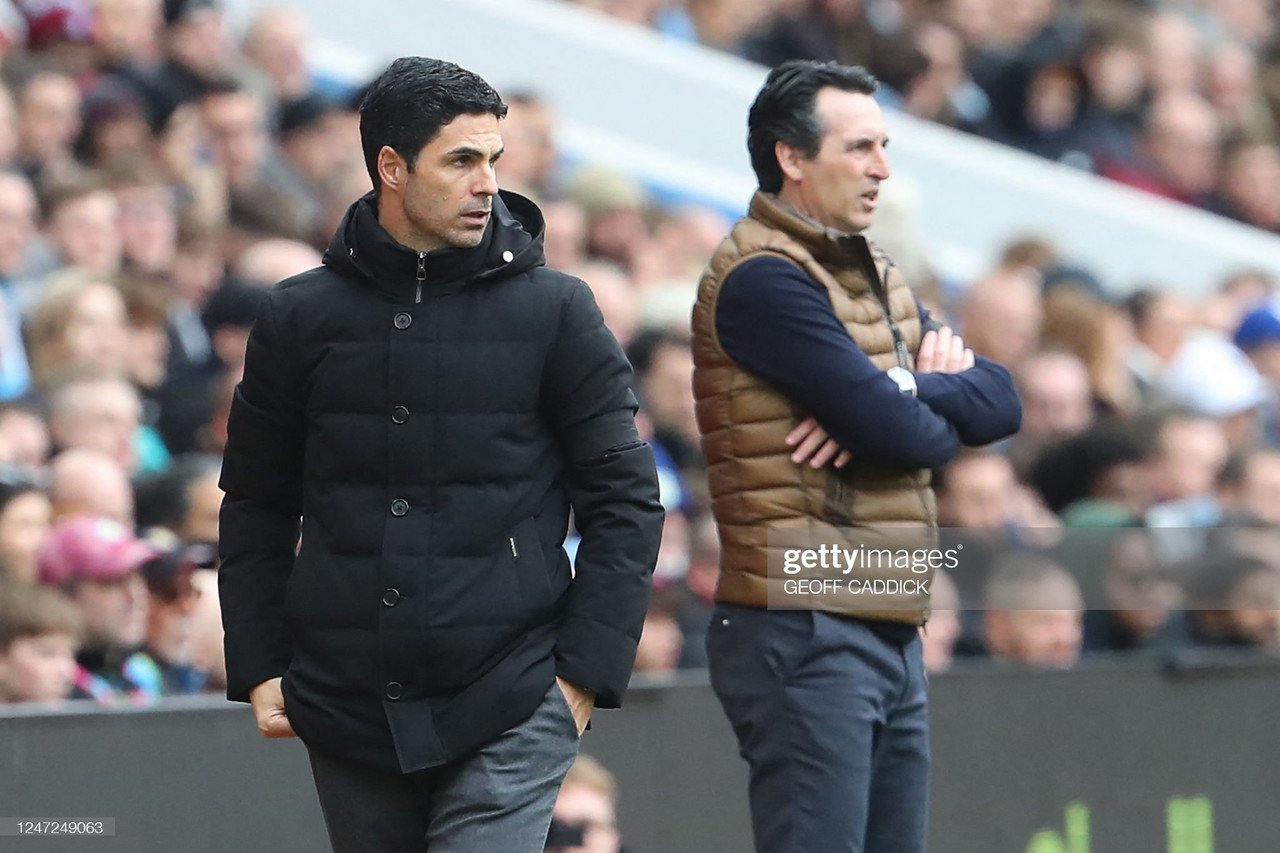In the autonomous Basque region of Spain, there is much to marvel at, whether it is the impressive architecture, cultural attractions, unique language or world-renowned gastronomy, the region known for its nationalistic tendencies quite simply has it all.
One can visit the Plaza Nueva of Bilbao before touring the original seven streets of the region’s capital. While away from the hustle and bustle of the city, lies the region’s stunning coastline, with the shores of the northern province the meeting point between the Bay of Biscay and the region’s stunning undulating landscape.
If it is food to take you to the area, Michelin-starred restaurants can be found in abundance with four three Michelin-starred restaurants in the region of just over two million people compared to the eight we have across the whole of the United Kingdom.
However, within the Basque Country, lies the smallest province of the whole of Spain, one known for all the reasons above but little for a startlingly impressive fact. What sets the province of Gipuzkoa apart from the other regions of the Basque Country is that it produces an abnormal number of supremely successful football managers.
-
A managerial production line
With just over 720,000 inhabitants and a land area of 760 square miles, Gipuzkoa is by far the smallest province of Spain, but one of the greatest managerial talent factories known. The tiny province, which is home to La Liga club Real Sociedad, currently has a trio of world-class Premier League managers to its name with Arsenal’s Mikel Arteta, Aston Villa’s Unai Emery, and Bournemouth’s Andoni Iraola all coming from the province.
In addition, former Real Madrid, Sevilla and Wolves manager Julien Lopetegui has his roots in the area along with Real Sociedad’s Imanol Alguacil, Bayer Leverkusen’s Xabi Alonso, and CA Osasuna’s Jagoba Arrasate, while Pep Guardiola’s assistant Juan Manuel Lillo is also from Gipuzkoa.
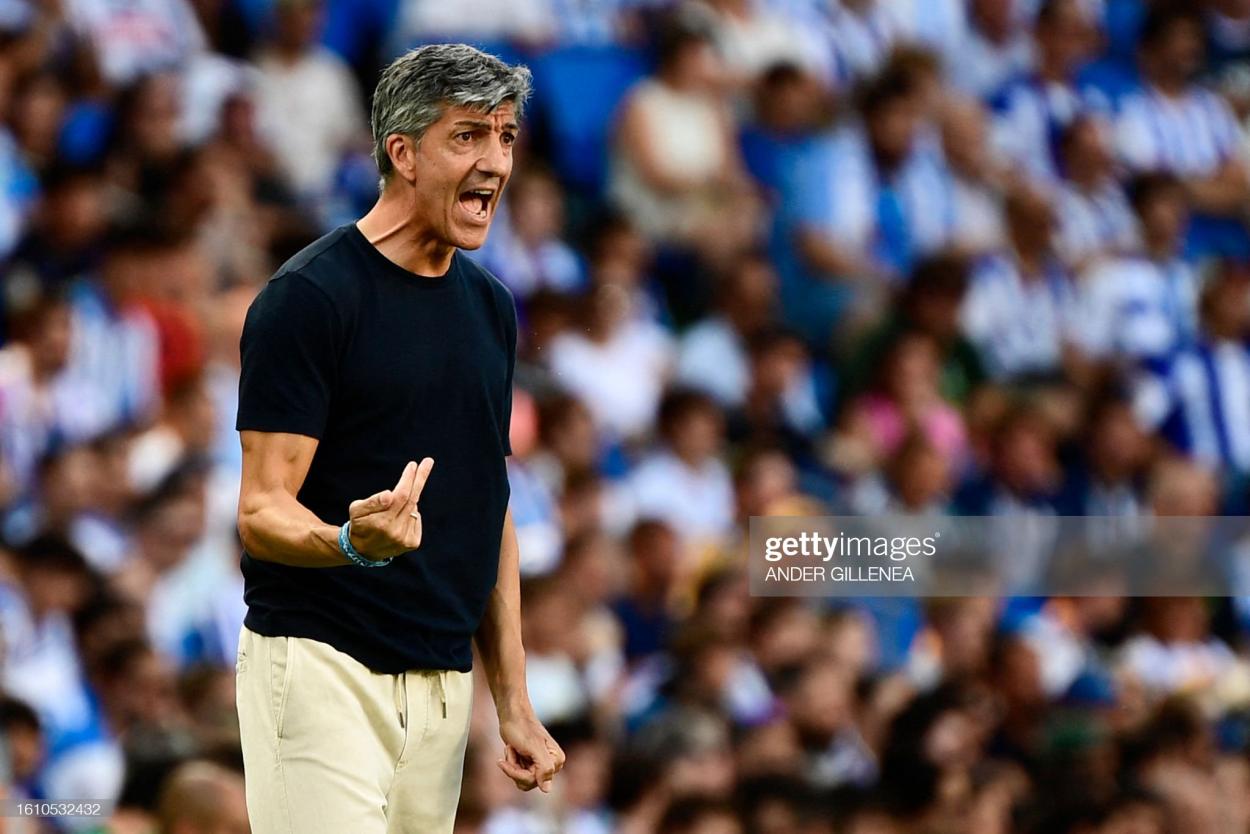
As assistants at Manchester City both Juan Manuel Lillo and Mikel Arteta, who was born in Gipuzkoa’s capital city of Donostia San Sebastian, have won countless English domestic honours.
The former has played a vital part in Manchester City’s treble success and first-ever Champions League trophy, while Arteta has spearheaded Arsenal’s revolution - taking the Gunners to the brink of their first Premier League title since the 2004 Invincible’s triumph as well as winning two FA Community Shields and one FA Cup.
Meanwhile, Imanol Alguacil and Xabi Alonso are two of Gipuzkoa’s managers who began their playing careers at Real Sociedad, with the latter going onto win domestic honours in Germany, England and Spain, with a Champions League trophy at both Liverpool and Real Madrid which sit alongside two European Champion trophies and a World Cup trophy won with Spain.
Both have also enjoyed successful spells at their current clubs with Imanol Alguacil qualifying the San Sebastian side for the Champions League as well as winning the Copa del Rey with La Real, in which they beat Basque rivals Athletic Bilbao in the final, prompting Alguacil to break out into a chant in his press conference, singing: “This is for all of Gipuzkoa, this is for all of those that support La Real”.
Meanwhile, in the Rhineland, Xabi Alonso took Leverkusen from the peril of 17th position to a sixth-placed finish in his first full season, as well as leading the club to a Europa League semi-final where they narrowly lost to Jose Mourinho’s Roma. In addition, Alonso’s club currently top the Bundesliga heading into the international break with three wins from three at the start of the 2023/24 season.
Unai Emery, who began his playing career at San Sebastian’s Real Sociedad, is one of Gipuzkoa’s most decorated managers. Born in the charming and colourful fishing village of Hondarribia, which is perched on the Spanish-French border, Emery has had a remarkable career, with a track record of turning underachieving clubs into trophy-laden titans.
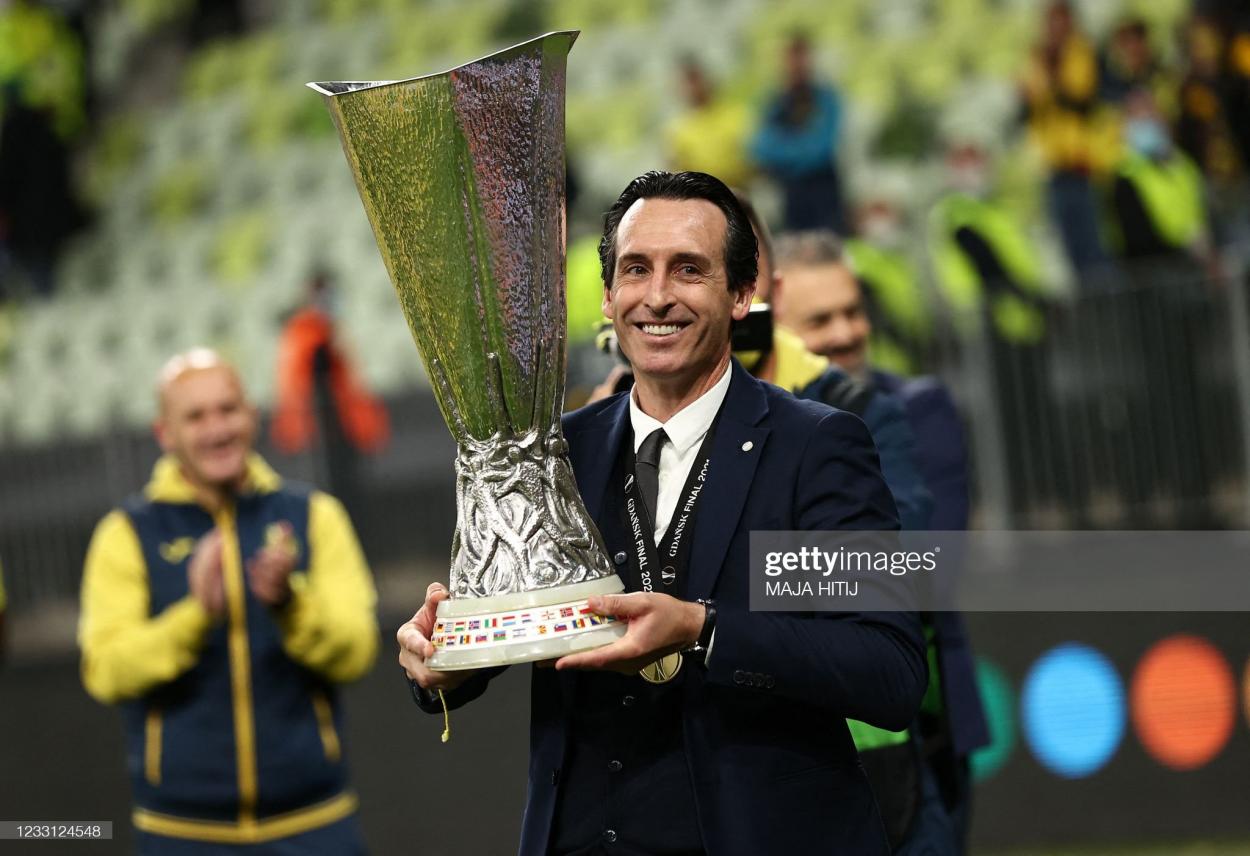
Emery began his career at Lorca Deportivo in the south of Spain, achieving promotion to the second division for the first time in the club’s history. At Almería, he did the same, taking the club into La Liga and securing an 8th placed finish before moving to Valencia where, as well as taking the club into Europe, he helped them to third-place finishes for three seasons on the bounce.
Moves to Sevilla and French titans Paris Saint-Germain followed. With Sevilla, Emery won three Europa Leagues on the bounce, cementing his status as one of Europe’s most underrated managers before winning five out of the six domestic trophies on offer in France. Following his spell in Paris, Emery would return to Spain where he brought the Europa League to Villareal and took them to a Champions League semi-final, before moving to Aston Villa and taking the Birmingham side into Europe for the first time in 15 years.
As previously mentioned, both Andoni Iraola and Jagoba Arrasate come from the region, and also fit the bill of bosses who like to see their players get high up the pitch, creating opportunities and not allowing the opposition to have any breathing room.
Iraola has found the majority of his recent success at Rayo Vallecano, taking the side from the Segunda division to a mid-table La Liga club, with a high-pressing, attacking style of football.
During the 2022/23 season, no team In Europe’s top five leagues won possession in the final third more times than Rayo Vallecano, with fellow Basque side Athletic Bilbao joint top of the list while Gipuzkoa’s capital side Real Sociedad were seventh in the list ahead of the likes of Manchester City and Liverpool, potentially shooting the style of football that is encouraged throughout Spain’s smallest province.
Clearly, the question that has to be asked is why does a province that is almost half the size of England’s county of Suffolk produce so many world-class managers. Is it something simply in the water in Gipuzkoa or does it run deeper, seeping from the footballing institutions and the culture of the region?
The Influence of La Real
A strong factor in Gipuzkoa’s football success has to be linked to its largest footballing institution in the region - Real Sociedad. La Real was formed in September of 1907, with the club originating from the influence of students and workers returning from Britain, who had found a love for the game in the United Kingdom.
Initially, Sociedad found themselves signing a number of high-profile British players - including striker George McGuiness who scored six goals in their route to their first ever Copa del Rey triumph in 1909.
However, the Gipuzkoan club soon found themselves following the policy which had been adopted by Athletic Bilbao, to sign and recruit players solely from the Basque region. This change in tack was arguably the start of a very strong connection between the club and the community of San Sebastian and the wider province.
Real Sociedad is now largely fan-owned, with the stadium owned by the local council and the club’s shares split between 14,000 people, many of which are local. While the club abandoned the policy of signing players solely from the Basque region in 1989 with the signing of John Aldridge, the connection between the club and the importance of youth development has remained with the likes of Xabi Alonso, Mikel Arteta and Antoine Griezmann all coming through the academy of the Gipuzkoan club.
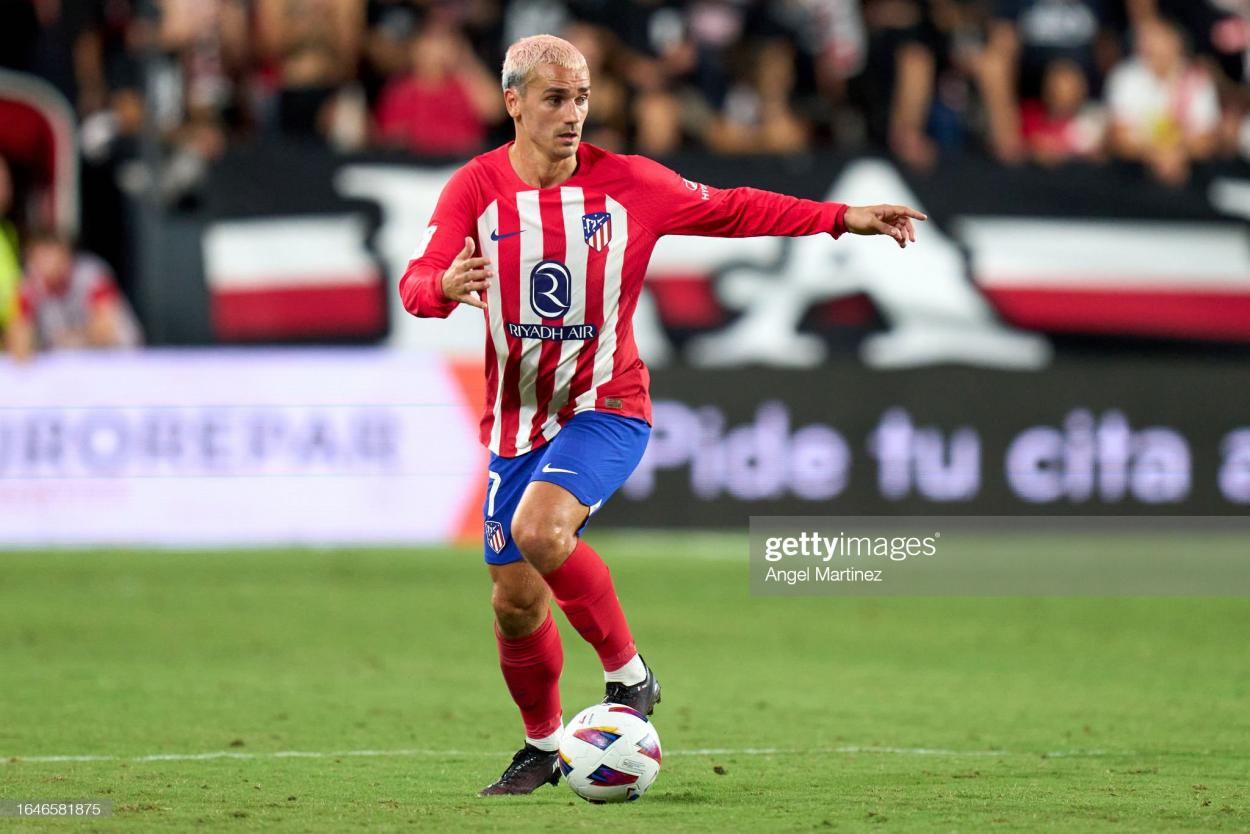
Sociedad’s academy is known as “La Cantera”, which means quarry in English and is defined as a place from which materials are extracted, usually of a high value. Sociedad’s academy has certainly proved to be something of a gold mine with countless players progressing through the different levels of la cantera to end up playing for the senior adult team.
In 2013, 22 of the 23 members of the Juvenil A team were all from Gizpukoa, demonstrating the strong link between the club and the region for developing talented footballers as well as excellent future managers.
Drawing on research from Collin Millar, who was writing in the Mirror, he describes how one theme kept reappearing in discussions with senior club officials - their strong local identity and ties to Gipuzkoa. Real Sociedad’s model is for 80% of their youth team players to be from the region while every starting line-up in the club's 117-year history has included a player of Gipuzkoan origin, a far cry from the foreign stars and lack of homegrown talent in some of Europe’s biggest clubs.
Real Sociedad’s club director Andoni Iraola, who is of no relation to the current Bournemouth boss, explained that: “We are not just a sports project, but a social project. We represent Gipuzkoa and fans want to see their behaviour reflected through the team, showing that we represent them.”
He added: “Our link should not be dependent on or related to results, even though strong results will of course be helpful. Anyone who is born in Gipuzkoa and enjoys football, will join Real Sociedad. But we have followers in our community who are not football fans – but who support the club.”
Clearly, Sociedad’s model of having a strong emphasis on youth development with close ties to the local area has had success with Mikel Arteta, Xabi Alonso, Imanol Alguacil, Jagoba Arrasate, Unai Emery and Julen Lopetegui all featuring in the club’s youth system before going on to manage to a high level elsewhere.
The footballing institution of Gipuzkoa has an inextricable link to the managerial talent factory that the area has become, with its strong emphasis on high coaching standards and the development of the players of the region meaning it later reaps the reward.
The cultural influence of the Basque region
Another factor in the success of Gipuzkoan managers is arguably the cultural influence emanating from the region. Mikel Extarri, who is widely considered to be the ‘professor’ of coaching standards in Basque football after working with all six Gipuzkoan managers currently at the elite level, underlines that effort and solidarity are two key factors and values in the development of Basque coaches.
When speaking to UTCIAD, an AFC Bournemouth Fan Channel, Extarri gave this response to the question of why Basque and Gipuzkoan coaches are so successful.
He said: “I understand that soccer is a presentation of the idiosyncrasy of a country, and ours has been an emigrant country, accustomed to work through effort - agricultural and industrial, which are used to the creation of cooperative industries where solidarity and group effort is a priority.”
“The development of Basque sport is carried out with the tools used in daily work…all this encourages the values of sacrifice, effort, and teamwork… all of which are common in the daily life of Basque people.”
Therefore as described by Extarri, there is a strong link between the coaching philosophies of Basque and Gipuzkoan managers, and the region’s culture.
Extarri underlined this when he later described the philosophy of Iraola, he said: “His {coaching} model is a reflection of the values that accompany the Basque man in their task.”
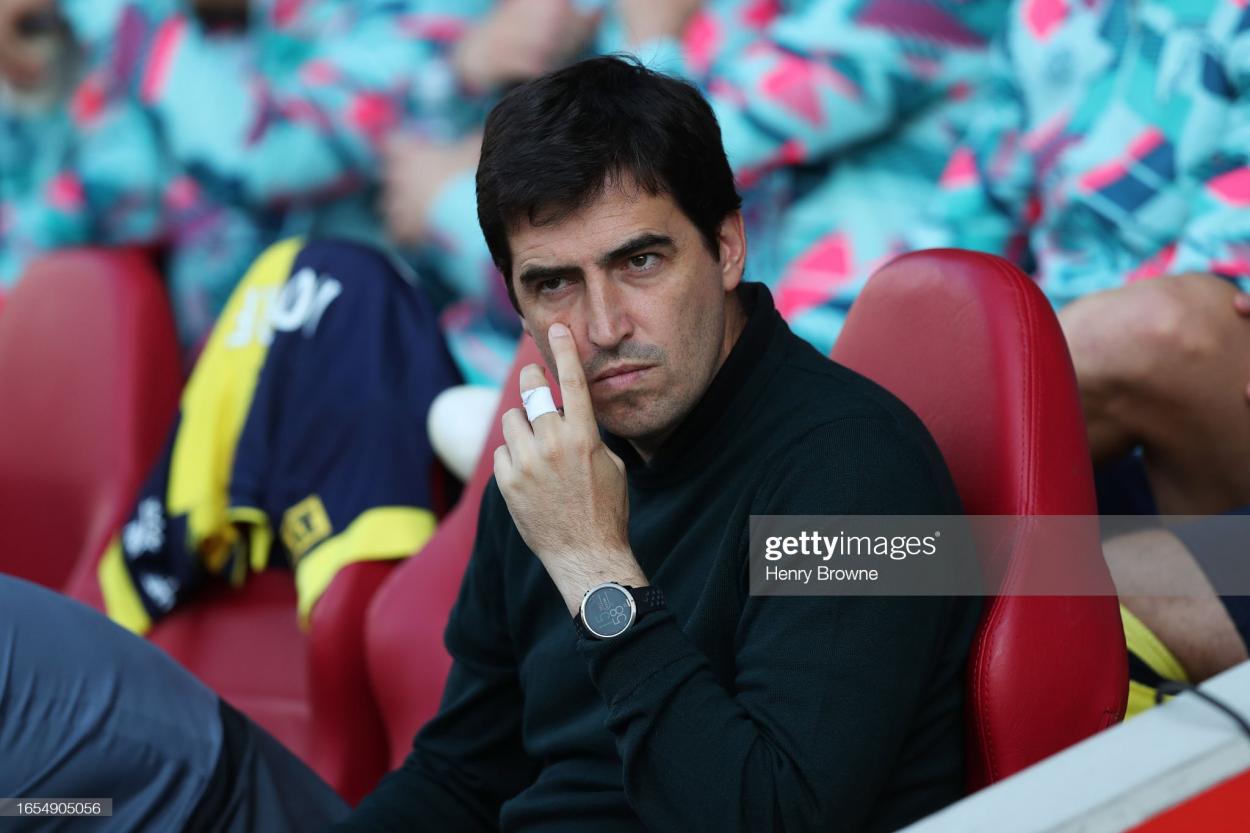
Speaking more broadly on the success of the Gipuzkoan coaches, Extarri said: “I don’t think they have a unique style of football but I do believe that they are born with the values I expressed throughout and that they are so important for the development of the coaching profession”.
With clear links between the culture of Gipuzkoa, the footballing institutions and the high-calibre managers, the smallest province in Spain is a unique area and a breeding ground for some of the most talented football coaches in the world.
For Extarri, the remarkable rise of Gipuzkoan coaches shows no signs of stopping with the man considered to be the professor of Basque's football standards saying to Revelo: “In the future, there will continue to be many Basque and Gipuzkoan managers, we are good at it”.











